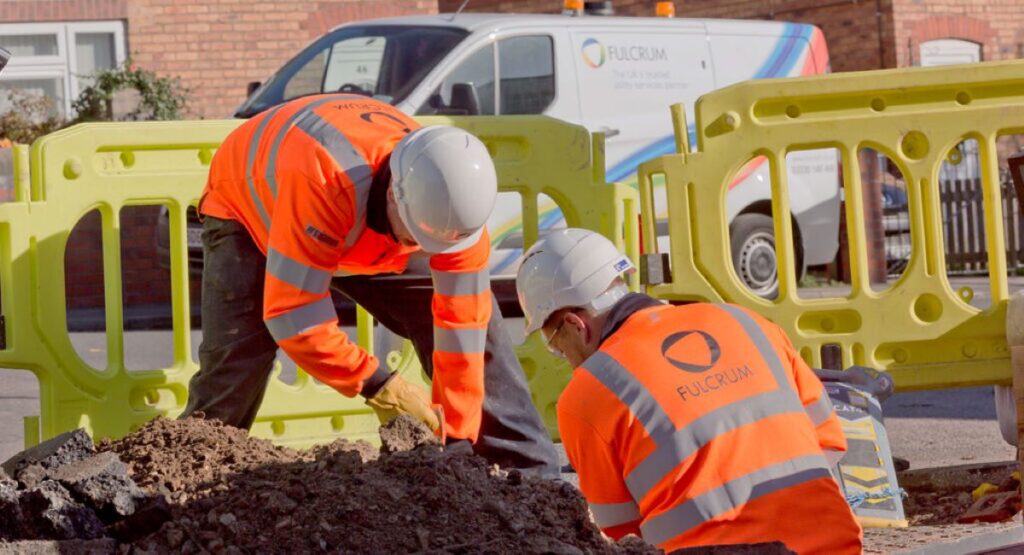The Importance of Kindling Bags for Easy Fire Starting
Starting a fire is an essential skill, whether you’re camping in the woods or enjoying a cozy evening by the fireplace. Yet, achieving that perfect flame can sometimes be a challenge. This is where kindling bags come into play, transforming the fire-starting process from a daunting task into a seamless experience. Let’s dive into the […]
The Importance of Kindling Bags for Easy Fire Starting Read More »










